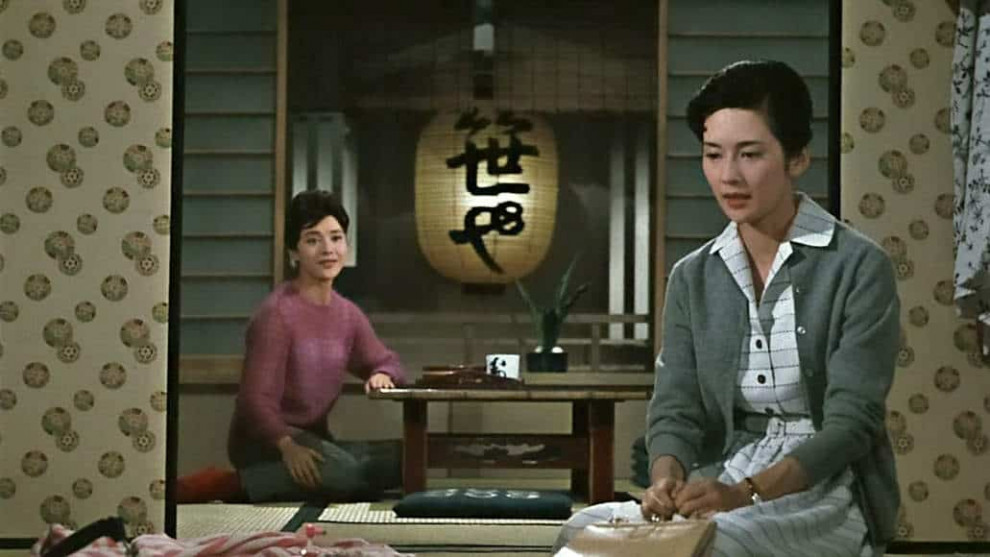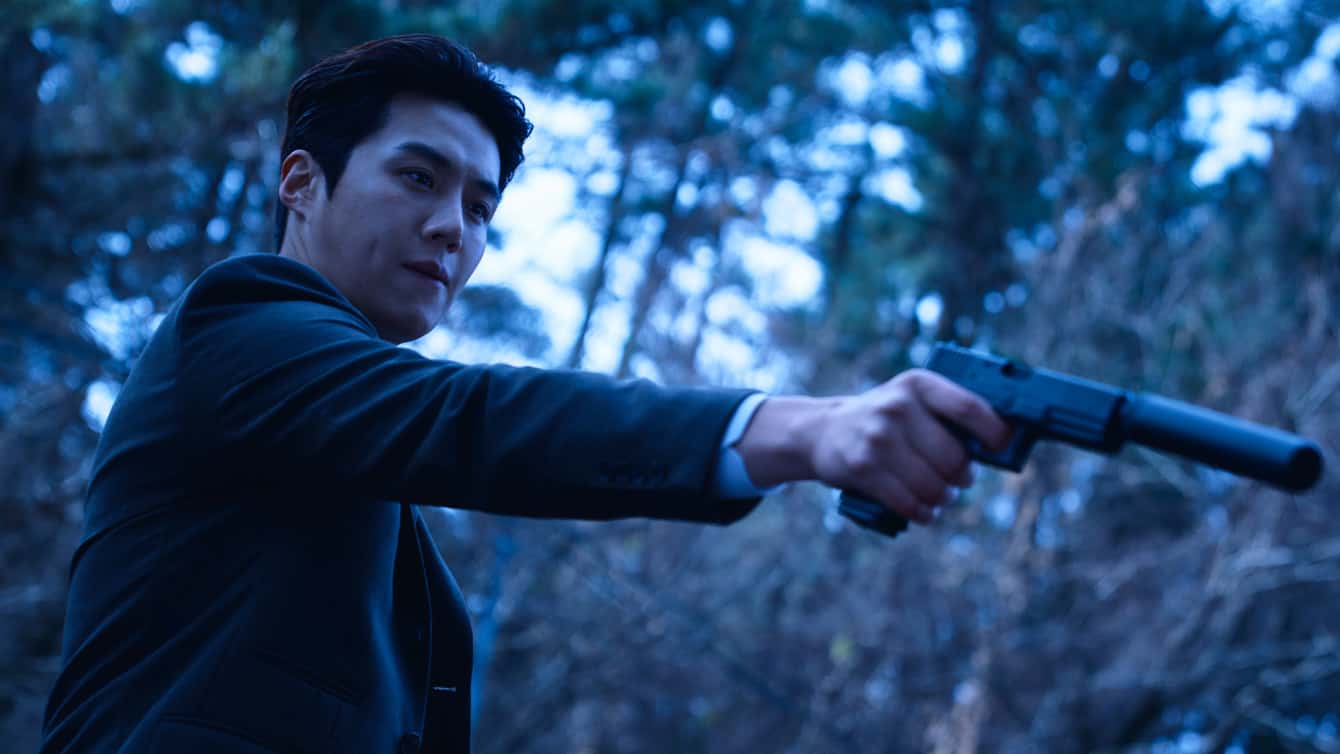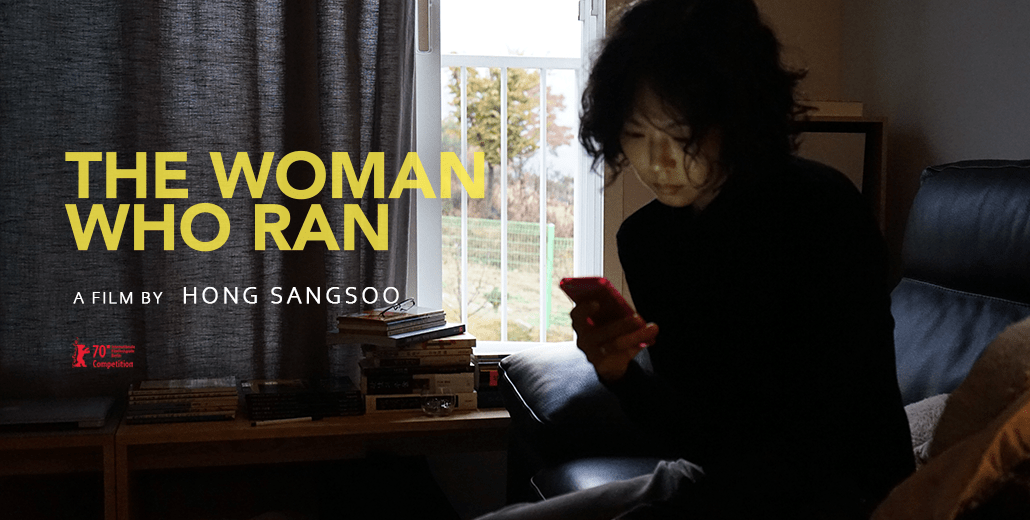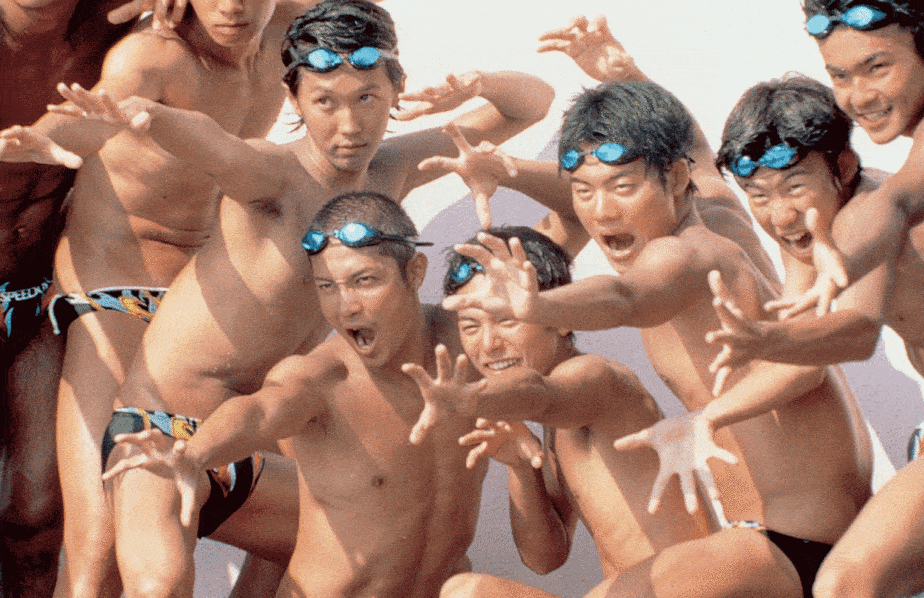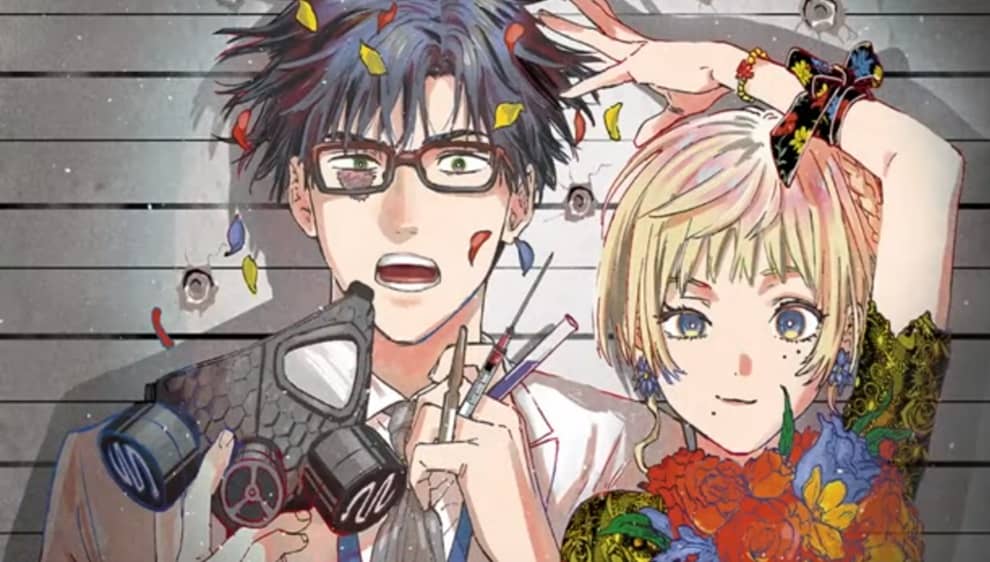When we think of an Ozu film, there is a couple of themes and motifs that immediately spring to our mind. Family conflicts and tensions between parents and their children are inherently woven into most of the narratives from the Japanese director. They are usually accompanied by a trademark set of feelings, especially those of resentment, melancholy, neglect, but also of nervous hope. “Late Autumn” was yet another film fitting precisely within these aforementioned categories.
Buy This Title
The film opens with a sequence in a temple – characters gathered there to commemorate the passing of their friend, Miwa. Fast forward a couple of hours, and Miwa's daughter Ayako (Yôko Tsukasa) proclaims during a celebratory dinner that she is looking for a husband. Three men sitting opposite to her are friends of the deceased. Mamiya (Shin Taburi), Taguchi (Nobuo Nagamura) and Hirayama (Ryuji Kita) quickly volunteer to help her with finding the right match. Why are they so eager to do this the viewer learns in a couple of comedic vignettes. They all desire or have old feelings for Ayako's beautiful mother, Akiko (Setsuko Hara).
What follows is a somehow masochistic narrative about men trying to simultaneously woo, trick into or manipulate the two women into their scheme. Should one of them marry an ex-wife of their friend? Or rather, should they listen to her wish to live alone? The three men have to deal with a very wide array emotions ranging from jealousy mixed with a genuine desire to protect a woman they love. What's especially so moving in the film's script is the nuanced way in which Ozu subtly depicts burdens carried by each of the characters. They all seem partially blind to their own needs and desires, as they also have to navigate through the strict rules of the Japanese society.
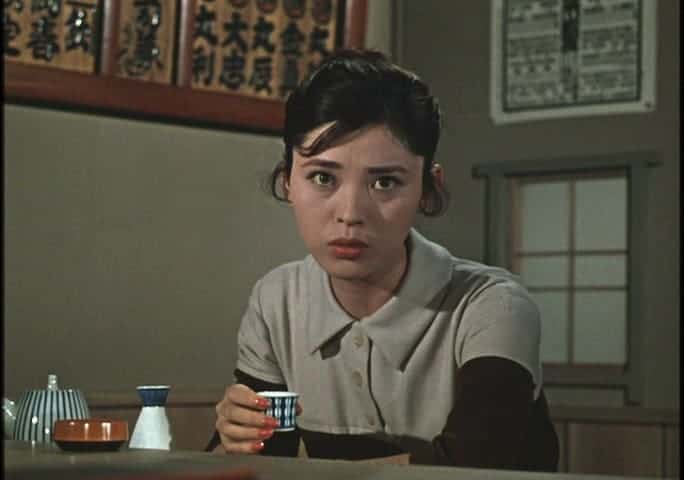
The overarching idea that they should be deciding upon Ayako's and Akiko's future is, frankly, a bit creepy, and Ozu does little to make note of this throughout most of the film. That is, until Ayako's friend, Yukiko (Mariko Okada), enters the narrative like a feminist bomb confronting the rather patriarchal ambitions of the three tactless men.
The underlying critique of Japanese society's conservatism is represented by the antagonism between arranged and romantic marriages – a topic obviously central to the film. What's interesting is that Ozu seems to also test the idea of marriage itself, most noticeably when Ayako says: “If friendships finish in the day of wedding, then what's the point of marrying at all?”
Its clever narrative allows “Late Autumn” to shroud a rather uninspired direction from Ozu. This recycling of yet the same characteristics is both the greatest strength and the worst curse of “Late Autumn”. The film uses tropes Ozu has mastered over the course of his career. Because of it, the film seems to come from the hand of a seasoned and disciplined director who doesn't have that much incentive for coming up with any sort of interesting mise-en-scene.

There is also smaller attention devoted to detailed compositions of each frame, and colours in the film seem to be less vivid and lush in comparison to “Floating Weeds” or “Equinox Flower”. It is as if Ozu had gotten bored with colour, and in a sort of directorial autopilot jammed many of the scenes we have seen in his earlier works. This is notable even in the opening two shots which are callbacks to “Floating Weeds'” famous lighthouse sequence. There are also other nods to Ozu's filmography, like an office or bar Luna which are frequented by characters from “Equinox Flower”. Finally, the gossip plot device is a replica of what Ozu has done in “Good Morning” a year earlier.
This bittersweet comedy about characters not being able to communicate and immensely complicating a rather simple dilemma has a sweep of a novel, whilst remaining a touching and intimate melodrama. If only it was done with more swagger, like some of Ozu's other films…


